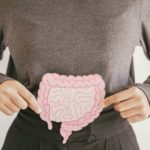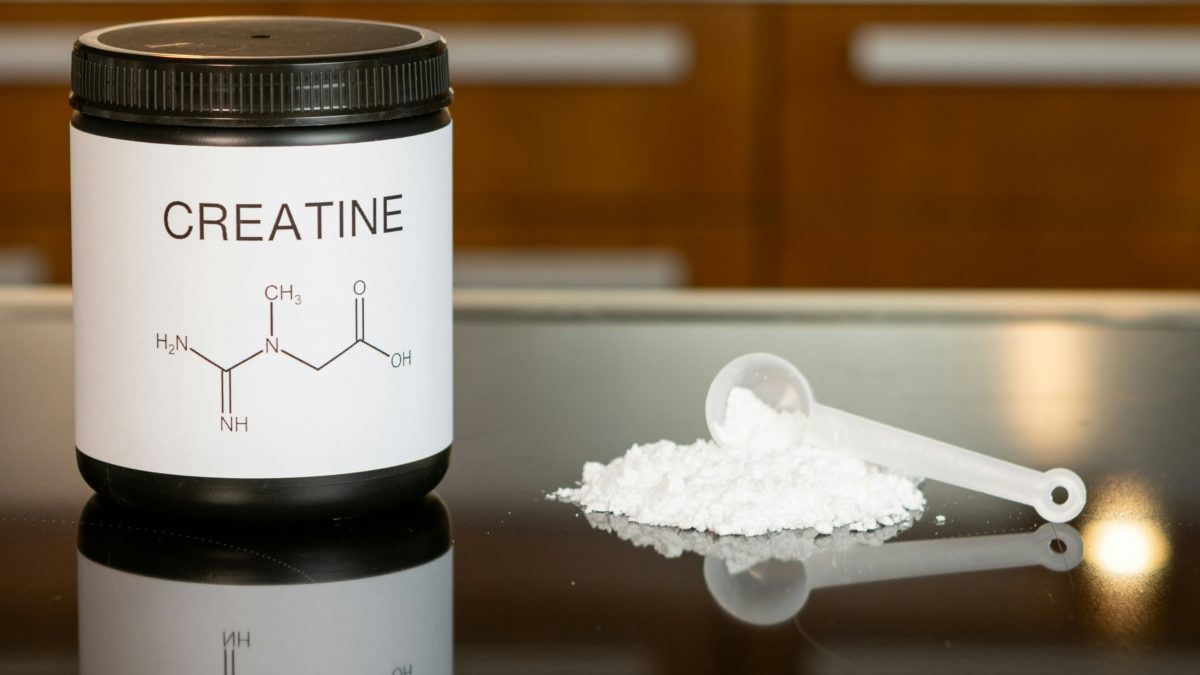4 Steps for Concussion Recovery
January 3, 2025
How the Gut–Brain Axis and Headaches Are Connected: An Osteopathic Perspective
November 19, 2025Creatine for the Brain: A Promising Tool in Concussion Recovery and Cognitive Health
When most people think of creatine, they picture gym supplements and muscle gains. But creatine is also a crucial player in how the brain makes and uses energy. Growing research suggests it may support both concussion recovery and long-term brain health, including conditions like Alzheimer’s disease.
What is creatine?
Creatine is a compound our bodies naturally produce, and it’s also found in foods like meat and fish. Inside the brain, creatine acts like a backup battery, helping nerve cells quickly recharge their energy supply when demand spikes. While the brain makes up only 2 % of your body weight, it uses around 20 % of your daily energy. This makes an efficient energy system essential.
After a concussion, the brain experiences what’s called a metabolic crisis. Energy demand goes up, supply goes down. This mismatch contributes to common post-concussion symptoms like fogginess, fatigue, headaches and slower processing. By topping up the brain’s creatine stores, supplementation may help buffer this energy shortfall during recovery.
The possible link with creatine and Alzheimers
There’s also emerging research linking creatine to neurodegenerative diseases like Alzheimer’s. In Alzheimer’s, brain cells experience impaired energy metabolism and mitochondrial dysfunction — similar to what happens briefly after a concussion, but on a chronic scale.
Early studies suggest that maintaining healthy brain creatine levels may support neuronal energy supply and potentially slow cognitive decline, although more human trials are needed.
This energy-supportive role is why creatine is being explored as part of broader strategies for preserving brain health as we age.
Of the many creatine supplements available, creatine monohydrate remains the gold standard. It’s safe, affordable and by far the most studied. A daily dose of 3–5 g is commonly used for general support, with higher doses sometimes recommended under medical guidance in specific situations.
Choosing a high-quality, third-party tested product is essential.
Creatine isn’t a cure for concussion or Alzheimer’s, but it may become an important adjunct to standard care. It can support the brain’s natural energy systems in both short-term recovery and long-term health.
At Melbourne Headache + Concussion Group, we stay at the forefront of emerging research to provide the best evidence-based care. If you’ve experienced a concussion or want to learn more about supporting your brain health, our team can help.
Call (03) 9397 8877 to discuss further or make an online booking here.
